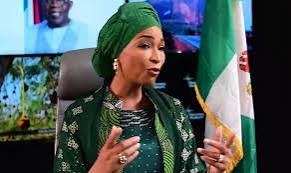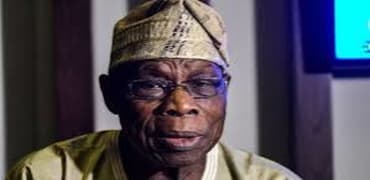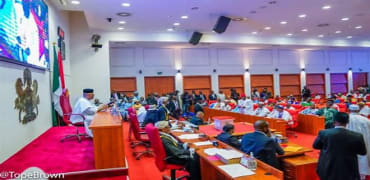Nigeria’s Creative Industry Set to Inject $100 Billion into Economy by 2030 – Minister Musawa
Nigeria’s Creative Industry Set to Inject $100 Billion into Economy by 2030 – Minister Musawa
By Achimi Muktar
In a groundbreaking economic ambition that blends tradition with transformation, Nigeria’s Minister of Art, Culture, Tourism, and the Creative Economy, Hannatu Musawa, has announced plans for the ministry to contribute a staggering $100 billion to the Nigerian economy by 2030.
Speaking to State House correspondents after the sixth Federal Executive Council (FEC) meeting on Monday, Musawa unveiled a strategic roadmap aimed at unlocking the massive economic potential buried in Nigeria’s rich cultural heritage and booming creative industry.
From Culture to Cash: A New Economic Vision
“Our ministry has committed to contributing and growing the economy by $100 billion by 2030,” Musawa declared. “We hope to do that by putting all the modalities in place that will allow the industry to grow organically on its own.”
In a move that marks a significant policy shift, the FEC approved a memo to monetize Nigeria’s tangible and intangible assets in the creative, cultural, and tourism sectors. From historical monuments to artifacts and cultural landmarks, these national treasures are now part of an ambitious monetization plan.
“This is a new revenue stream that has never been done before,” Musawa said. “We are going to use the country’s cultural assets to grow the economy.”
Creating Jobs Through Creativity
The ripple effect of this strategy won’t just stop at dollars and cents. According to Musawa, the plan includes the creation of at least two million jobs by 2027, targeting Nigeria’s teeming youth population and creative talents.
The Ministry has already signed a Memorandum of Understanding with Moby, an international museum collection agency, to spearhead the monetization of Nigeria’s historical and cultural assets.
“So, the strategy for this monetisation is going to take four separate processes. We’ve already completed the first phase. Now, it’s time to sit with Moby and begin implementation,” Musawa explained.
She added that this signals an exciting new chapter for Nigeria’s cultural and national identity: “We’re entering an era where our culture and creativity are not just expressions—but drivers of economic growth.”
Nigeria’s Creative Industry Is Already Booming
The minister’s optimism is backed by real momentum. Nigeria’s creative industry has exploded in recent years, thanks largely to the global rise of Afrobeats and the enduring strength of Nollywood.
Nigerian music stars dominate international charts and rack up billions of streams, while Nollywood ranks second only to India’s Bollywood in annual film production. This rapid growth is powered by a vibrant youth population and the country’s deep multicultural roots.
With over 70% of its 210 million people under the age of 30, and 250 ethnic groups speaking more than 500 languages, Nigeria is a creative goldmine—and the government is now ready to cash in.
Laying the Foundation
Back in September 2024, Musawa introduced her ministry’s Strategic Roadmap for the Creative Sector to international partners and the diplomatic community. It was a clear signal that Nigeria was ready to lead the way in reimagining cultural capital as economic capital.
Now, with government backing, private partnerships, and a clear monetization strategy in motion, the dream of a $100 billion contribution by 2030 no longer feels far-fetched—it feels inevitable.
As Musawa put it: “This is more than just an economic plan. It’s a renaissance of Nigerian culture, identity, and global influence.”


















